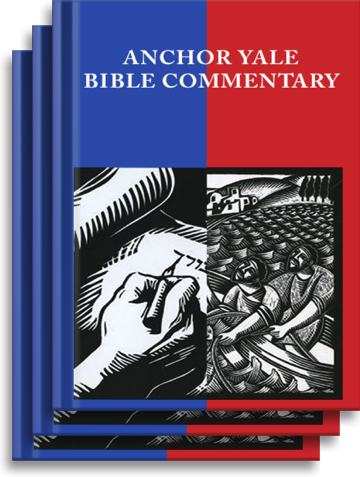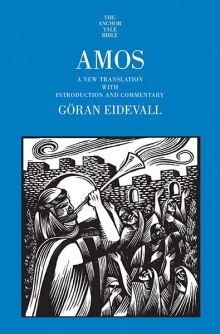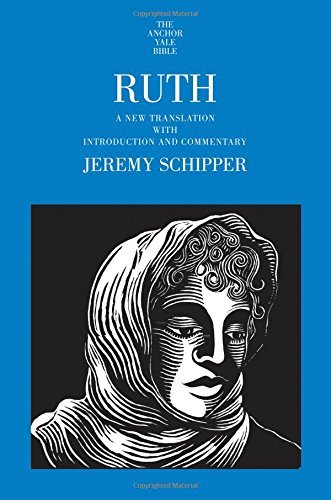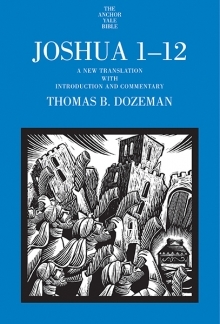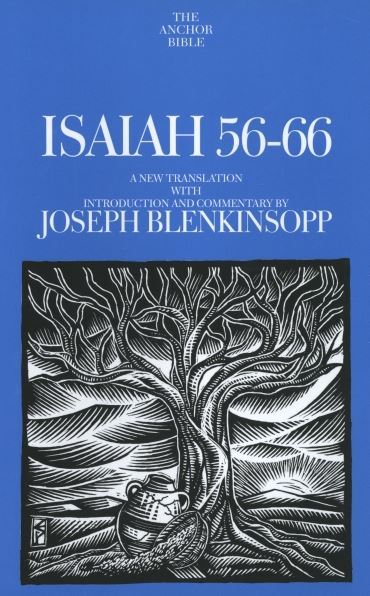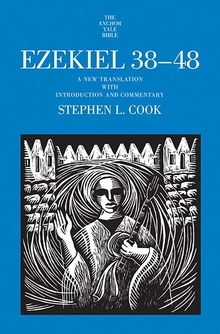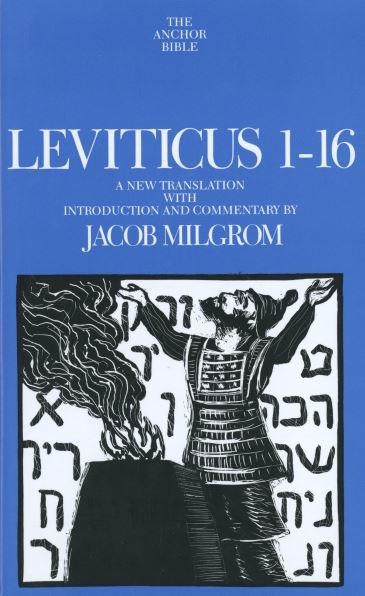


Anchor Yale Bible Commentary: Lamentations (AYB)

Anchor Yale Bible Commentary: Lamentations (AYB)
The poetry found in the Book of Lamentations is an eloquent expression of one man’s, and one nation’s, despair. The poet is deep in mourning as a result of the fall of Jerusalem to the Babylonians in the sixth century b.c.e. He looks to Israel’s own sins to explain the catastrophe, and yet he recites poignant examples of Israel’s suffering in wondering aloud if God has abandoned his people altogether. Thus his lament is both a confession and a prayer for hope in spite of the horrible defeat.
Lamentations is traditionally thought to have been written by the prophet Jeremiah; today the question is whether one man wrote it or many. In his Introduction, Delbert Hillers gives the evidence against Jeremiah’s authorship and suggests that the poems should be treated as an intelligible unity, most likely written by an eyewitness to the events described.
The Book of Lamentations has been taken up through history both as poetry and as an expression of boundless grief. It has become part of the Jewish and Christian liturgies, as well as a source of comfort far beyond the time in which it was written. This commentary fills in the book’s literary and historical background, and we emerge with a fresh respect for the artistry with which it was composed. The poetry itself demands this respect, with a translation here that carries the emotion and heartbreak of the original Hebrew.
This new edition by Delbert R. Hillers is a thorough revision of his earlier Anchor Bible commentary, incorporating new literary theories and textual discoveries connected with the very latest Dead Sea Scrolls scholarship.
Delbert R. Hillers is W.W. Spence Professor of Semitic Languages and Near Eastern Studies at Johns Hopkins University in Baltimore, Maryland.
THE ANCHOR YALE BIBLE COMMENTARY SERIES is a project of international and interfaith scope in which Protestant, Catholic, and Jewish scholars from many countries contribute individual volumes. The project is not sponsored by any ecclesiastical organization and is not intended to reflect any particular theological doctrine.
The Anchor Yale Bible is committed to producing commentaries in the tradition established half a century ago by the founders of the series, William Foxwell Albright and David Noel Freedman. It aims to present the best contemporary scholarship in a way that is accessible not only to scholars but also to the educated nonspecialist. Its approach is grounded in exact translation of the ancient languages and an appreciation of the historical and cultural context in which the biblical books were written supplemented by insights from modern methods, such as sociological and literary criticism.
